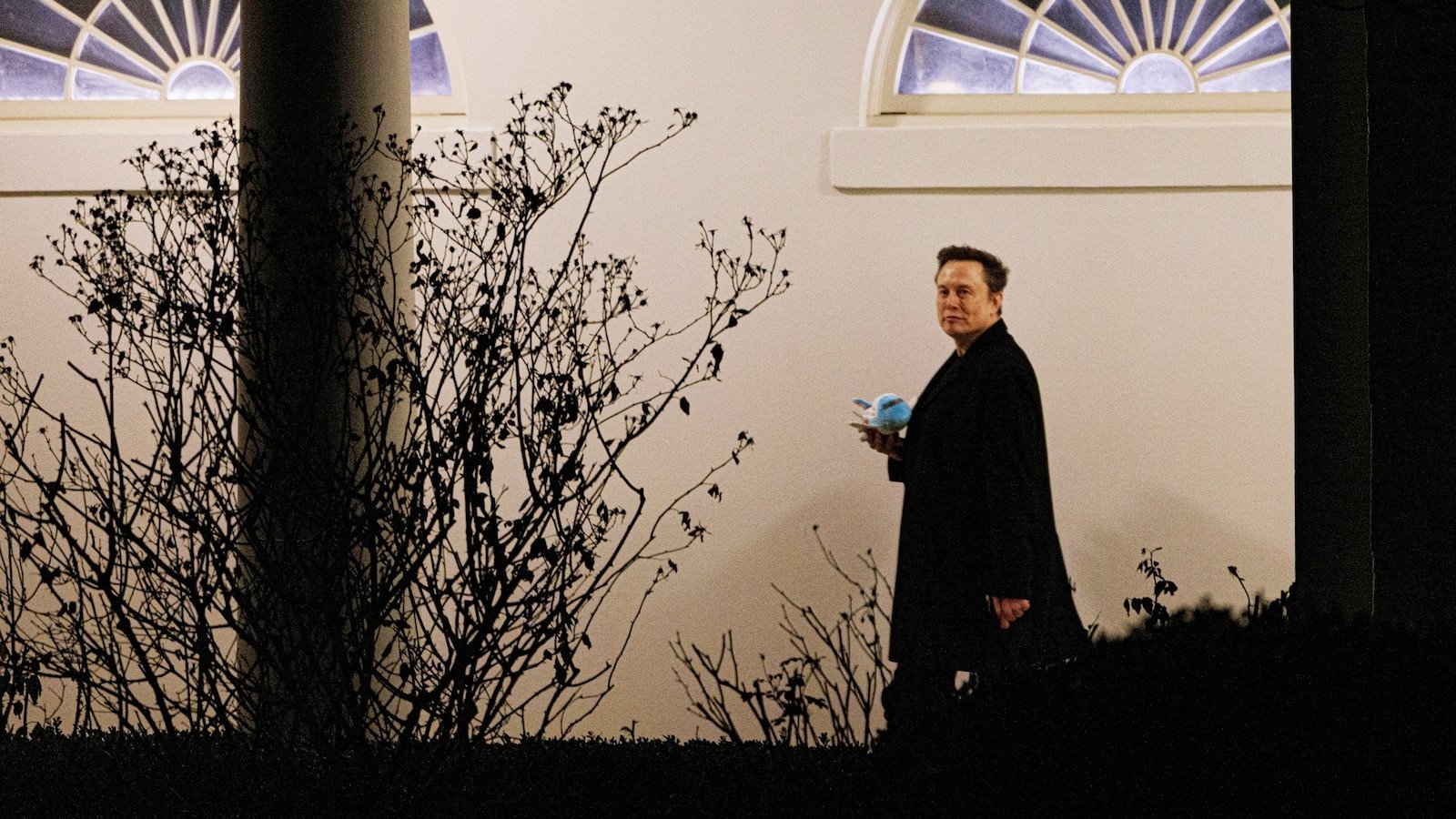Nobel Laureate Narges Mohammadi warned Iran increasingly pressing its own citizens

One of the most prominent supporters of human rights is to warn that the Iranian government uses after the 12-day war with Israel to increase oppression of its own citizens-especially political and civilian activists.
Nobel Peace Prize winner Narges Mohammadi, in a video message to ABC News, warned that the surge in execution and arrest that extended since the war began to show that the regime used the moment to fend off the decades of alleged repression and failed policies, with the aim of “spreading fear and terror.”
“We are now witnessing the intensification of war between the Islamic Republic and the people of Iran – the war that has occurred for 46 years,” Mohammadi said.
While Iran’s authority openly celebrates what they call “victory” over Israel, Mohammadi rejects the claim.
“I don’t believe this,” he said. “War weakens the tools needed to achieve human rights and democracy – like civil society. I believe that with the Islamic Republic still powerful after this war, our work and our struggle are now more difficult.”
He warned that the regime, “now weakened,” has tightened his grip on civil freedom, igniting the traitor from within.
Iran’s authority, while recognizing damage to their nuclear facilities and infrastructure, insisted they remained strong and united. The media affiliated with the state has framed waves of arrest and execution recently as steps needed to protect national security, accuse infiltration and espionage related to the Israeli Mossad Intelligence Agency.

Nobel Nobel winner Mohammadi is seen in this picture from a video message to ABC News.
ABC News
Mohammadi spoke from his home in Tehran, where he opposed the government’s order to return to the prison of Evin, which was famous for being cruel after an urgent operation and saved life. Mohammadi, who served a sentence of 13 years, 9 months, was given medical leave from prison, where many dissidents and political prisoners of the country were detained.
He and other activists have expressed special concern over the conditions and fate of Evin prisoners after the June 23 missile strike at the facility. According to a spokesman for the Iranian justice, at least 71 people were killed in strikes, which was condemned by the UN Human Rights Office as a “serious violation” of international law. Israeli Defense Minister Israel Katz said Israel reached the “regime target and government oppression agency” throughout Tehran, including Evin.
While Mohammadi also condemned the strike, he warned that what had happened could pose a greater threat of human rights.
Mohammadi, who experienced leave during the attack, told ABC News that he had spoken widely with their prisoners and families.
“After the attack, the situation in Evin became very safe,” said Mohammadi, all of which were told that they had been given more than 36 years in prison with various accusations including “propaganda activities of the state” and “collusion of state security” – National security violations that were vaguely used in general used by authorities to criminalize peace agreements.
“The transfer of prisoners is now in a very military condition.” Mohammadi said, “With a full sniper scope [and prisoners] shackled with handcuffs and leg iron. “

In this picture obtained from the Iranian news agency Mizan on June 25, 2025, the rescue filtered the debris inside in the Evin Prison Complex in Tehran, Iran, which was carried out by Israeli strikes.
Mostafa Roudaki/Mizanonline/AFP via Getty Images
After the days of uncertainty, Iranian prison organizations announced that prisoners had been transferred to other prisons throughout Tehran Province. Government media reported that many were transferred to facilities including a larger Qarchak prison and Tehran prison.
“The situation in the two prisons is very worrying,” Mohammadi said, describing prisoners who were transferred as “prisoners affected by the war” is now the target of what he called “severe oppression.”
A source close to the family some political prisoners, who asked for their names not to be used for fear of retaliation, told ABC News that the conditions in the Qrarchak prison were “unbearable” and “similar to torture,” quoting density, lack of food and drinking water, poor sanitation, and not enough access to basic needs.
Three political prisoners – Golrokh Iraee, Reyhaneh Ansari and Varisheh Moradi – issued a joint statement from the Qrarchak prison, “We do not consider today’s suffering to ourselves greater than the suffering forced on Iranians.”
Mohammadi told ABC News that he called for international supervision of Iran’s treatment of its own citizens.
“I believe our situation becomes more dangerous to the people than before the war, and we must expand our human rights activities,” he said. “I hope the international human rights organization will focus their special and special attention on the repression that is now being carried out in Iran after the war – including the problem of arrest, prison, torture, forced recognition, and then execution.”
Mohammadi also warned that based on “evidence and clear reports,” he hoped that the government’s hard action against civil society, especially young people and activists, was likely to “become worse” in the coming days.
Apart from the regime’s efforts to silence differences of opinion, Mohammadi said he remained committed to activism, even when pressure increased in him, his family, and his friends. A member of his supporting team told ABC News that he had received repeated phone calls that demanded him to return to prison, and that intelligence agents had called, interrogated, and harass their friends and families in what seemed to be an attempt to isolate it.
His team also said Iran’s financial authority issued an official order to win the Nobel Peace Prize Mohammadi prize money – 17 billion Toman or around USD $ 400,000 – echoing similar tactics used against fellow Nobel Shirin Ebadi winners in 2009.
“I want to end the Islamic Republic – a repressive, theocratic, and authoritarian system that is misogynist, cannot be persuaded, and fundamentally does not function,” Mohammadi said. “But I oppose war-because of draining the strength and capacity of the Iranian people, civil society, and pro-democracy activists.”
Still, he still hopes.
“For decades, we have struggled for freedom, democracy, and equality – eternal oppression, prison, execution, and torture. But we have never resigned,” he said. “Until the day of democracy was achieved – I would not stop.”





![Pope Leo XIV will be 'complete and complementary [the U.S.] Political Agenda ': Cardinal Cupich](https://dompetelektronik.org/wp-content/uploads/2025/05/Pope-Leo-XIV-will-be-complete-and-complementary-the-US-scaled.jpg)
